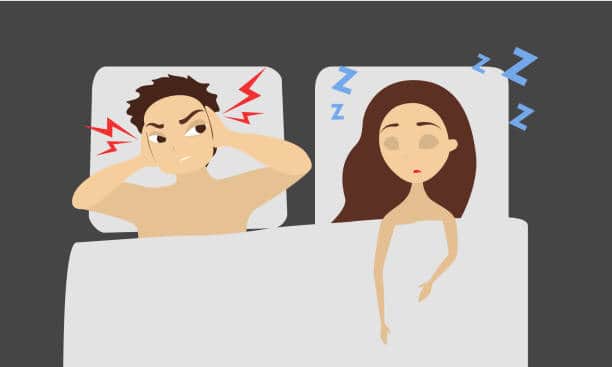Unsurprisingly, the market is awash with anti-snoring devices because it is such a common and disruptive problem for so many people. It can be hard to know which to try and this is often alongside resistance from the person who is snoring; they are usually the only person who is getting a good nights’ sleep.




